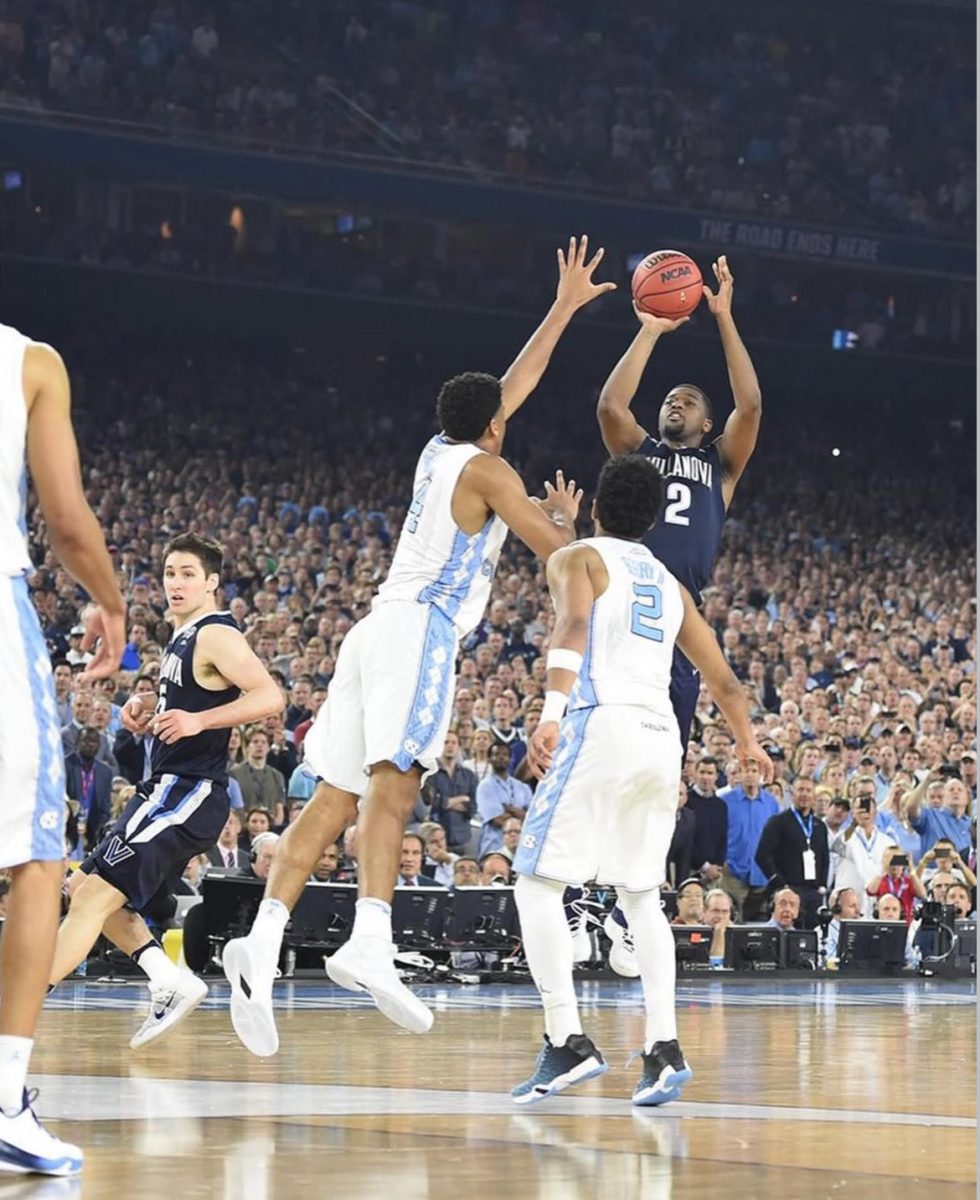In a political landscape that is perhaps more polarized than ever before, it appears the electorate is split precisely down the center line of strong conservatism and equally strong liberalism. The one sentiment these two polarities share is frustration with the undecided – and uncommitted – voter.
The undecided voter was a more understandable concept in previous election cycles. Political correctness, for better or for worse, was at the forefront of every town hall, press conference and political advertisement. What was considered to be a scandal back mere decades ago (such as Bush’s uncovered DUI and Obama’s tan suit) would be blips on the radar in our current political landscape. This begs the question: how can anyone find themselves to be undecided in an era where the stakes are high and the differences in candidates are extremely stark?
The undecided voter is a fascinating enigma in the sense that both parties harbor a sense of disdain and utter bewilderment toward their inability to know “where they stand,” while also passionately yearning for their vote. After all, the voting bloc that makes or breaks an electoral result solely comes down to the whims of the fly-by-quadrennial voters rather than staunch party loyalists.
However, undecided voters are not all created equal. There is a fragment of the voting bloc which is simply misinformed, which I personally believe is the one of the greatest travesties and acts of disrespect citizens can take toward their nation. To simply decry politics as a whole and remove oneself from the duty of electoral participation, due to a “lack of interest,” is weak. If one is to complain about the political system we endure and the policies of the various administrations within it whilst abdicating the responsibility to vote, a person has no leg to stand on. Conversely, registering to vote and choosing the candidate who is the most “brat” or “based” without any true policy research is disrespectful to the men and women who fight for our freedoms and the intentional, cunning work of our forefathers in crafting a political regime that ensures the voices of all Americans are heard.
There is never an excuse to not vote or to cast a misinformed vote, but this is especially true in 2024. We were presented with two choices, and both have a proven track record having been in power for four years. Although Vice President Kamala Harris was not the President of the United States, she cast many tie-breaking votes in the Senate and stated in countless interviews that her policy does not contrast with the policies of President Biden. The benefit of this truth is that it is easier than ever to become informed on the policy differences between candidates. Simply visit whitehouse.gov and view the archives to see legislation passed within the respective administrations and go in with an open mind.
Another archetype of the undecided voter is the average American, who feels as though politicians are out of touch with the electorate. Perhaps the most sought-after trait in our candidates is authenticity, which is ironically the most lacking trait in our political candidates. Additionally, the misinformation war between both parties can be taxing for the undecided electorate to navigate, nuanced conversations concerning policy are difficult to find in an X post.
The key to circumventing this is to visit the websites of the individual candidates. Then, one can decide which issues are most meaningful to them. If one struggles to identify which issues you are most passionate about, start with the basics. Ask the following questions: Are we better off now than we were four years ago? How does one define success? Do you believe the government should have a prominent influence in your life?
Even though this election season may be over, going forward, I encourage students to carefully weigh their decisions. This article is not meant to shame people. However, it is meant to encourage students to research the issues and not blindly accept their parents’ or friends’ beliefs. It is meant to motivate people to do their own, independent research. And then, based on this research, come to their own decisions and confidently exercise their right to vote.
May we all remain grateful for our ability to access political information easily, our ability to dissent and above all, our ability to vote. God bless America!






